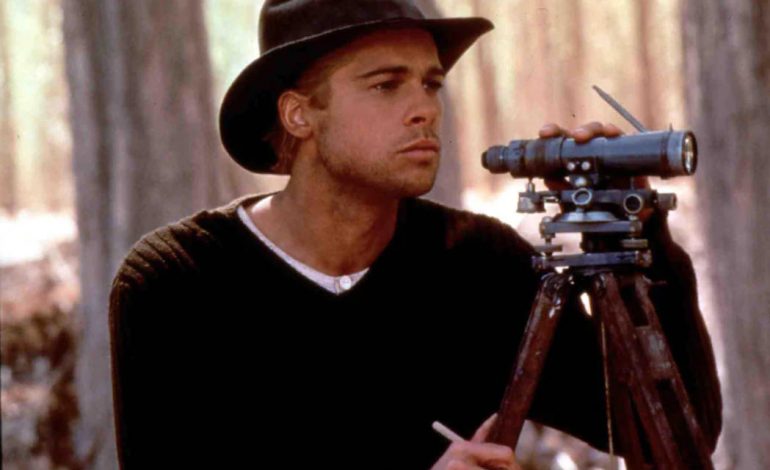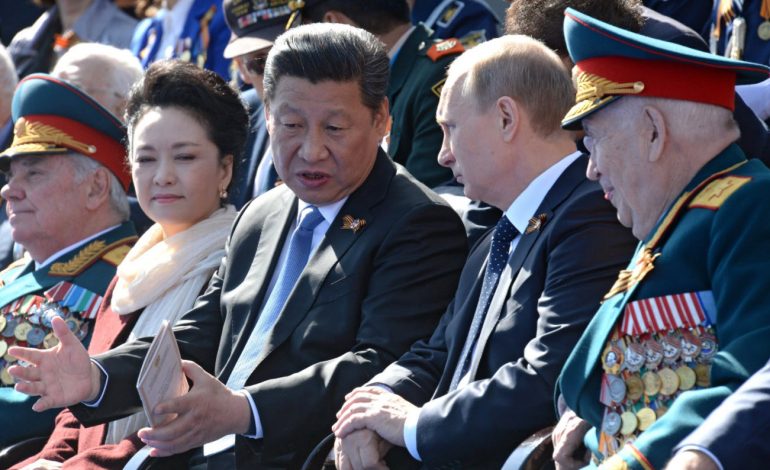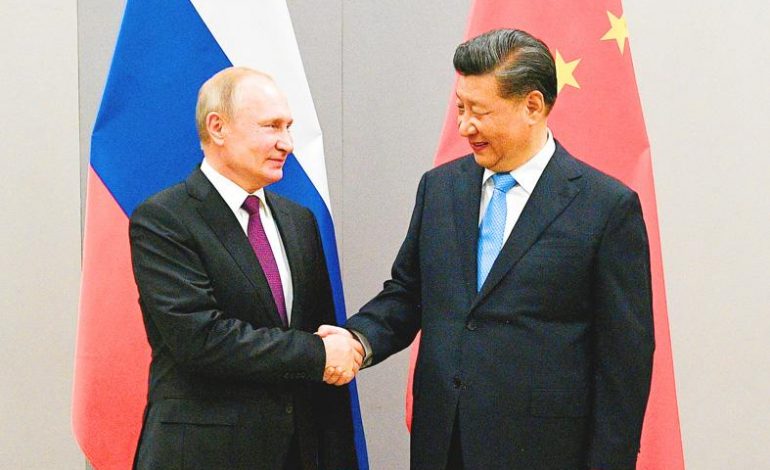
How Brad Pitt got banned — and Mickey Mouse nearly — from China
By: Erich Schwartzel
27 March 2022
The dead would be moved for Disneyland. Generations of villagers lay buried under the acreage outside Shanghai that officials had allocated for China’s first Disney theme park, but the ancestors would not get in their way. Homes could be razed, remains excavated and families relocated.
Like China’s ruling party, the Walt Disney Company operated in five-year plans, and in the mid-1990s, a crucial part of that plan was generating more business overseas — and even, eventually, building a theme park in mainland China. Just a few decades earlier, Western entertainment had been banned in China, and only top officials had TV sets. The 1990s would be a decade in which China, in the eyes of American business, turned from a country into a market.
All of that promise and ambition were suddenly endangered in 1996, when Peter Murphy, Disney’s head of strategic planning, received a phone call to his Los Angeles office. It was the Chinese Embassy in Washington.
“You started, in the last 48 hours, shooting a film in Morocco about the Dalai Lama called ‘Kundun,’ ” an embassy official said.
Murphy was dumbstruck. He had never heard of a movie called “Kundun.” A 34-year-old Wharton MBA and strategic planner known as “the Enforcer” within Disney’s notoriously political C-suite, Murphy barely paid attention to most movies Disney made.
He had to ask around about “Kundun.” His colleagues told him that it was, as the embassy official had said, a drama being directed by Martin Scorsese about the Dalai Lama. It had taken only two days after cameras started rolling for word of the production to travel from its set in Morocco to Beijing, where officials were not happy. After learning about the film and the story it told, Murphy realized that the making of this movie endangered Disney’s entire future in China.
He didn’t know it at the time, but that phone call to his Burbank office was the start of a cautionary tale for all of Hollywood — in fact, it was a sign that the capital offered in China was inextricably tied to politics. On the afternoon of the call from the Chinese Embassy, a future in which China would exercise remarkable power in Hollywood — the ability to green-light projects and change scripts like an invisible studio chief — began to take shape.


